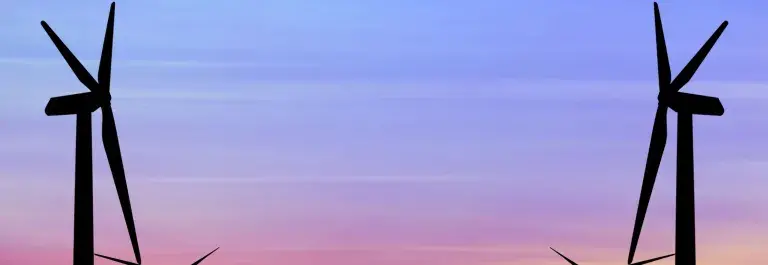Climate action through innovation
A key step in achieving net zero is being able to measure, report and verify greenhouse gas emissions in a credible, robust and harmonised way. The ISEAL community has been playing its part by changing their systems, forging new partnerships and testing innovative approaches with support from the ISEAL Innovations Fund.
As the UN Climate Change Conference – COP 26 reached its finale last week, there has been mounting pressure on businesses and governments to set concrete plans to reach the Paris Agreement targets. The more ambitious the plans, the greater the need for trust and confidence among all actors to stay the course. And the greater the need for climate actions to be transparent, accurate and comparable. That is why there is unprecedented attention on greenhouse gas (GHG) emissions accounting and reporting, and why ISEAL members have been so active in improving their contribution in this area.
Efforts by ISEAL members to deliver on GHG accounting are not new. Several of our members have had specific criteria related to GHG in their standards for some time. However, these are now going beyond GHG inventory requirements to include criteria such as monitoring carbon sequestration. We are seeing a transition from these criteria being recommended, to being a requirement for certification.
ISEAL members embrace working collaboratively to help deliver change at the scale required – and addressing GHG accounting is no exception. With support from the Swiss Secretariat for Economic Affairs SECO, the ISEAL Innovations Fund has co-funded several projects that leverage the expertise and experience of stakeholders in different ways.
Defining good practice
Emissions reporting is a complex and fast-moving space. There are a growing number of disclosure reporting requirements for GHG emissions, science-based target setting methodologies and multiple indicator options. It’s a challenge to keep up and it can be difficult to distinguish good practices. Guided by Gold Standard, a group of ISEAL members are co-creating a blueprint for emissions accounting and reporting good practice for certified commodities. This blueprint can support ISEAL members and other sustainability systems to develop an approach for carbon accounting that aligns with good practice. This level of alignment supports the greater ambition of businesses to measure and report on Scope 3 emissions.
Harmonising schemes
For the past two years, Better Cotton and the Global Coffee Platform have led the development of the Delta Framework – a sustainability reporting framework applicable to the cotton and coffee sectors. The framework features a set of 15 indicators, which has undergone extensive consultation and testing, and includes an indicator for GHG emissions from cotton and coffee production. The project has gathered data for the GHG indicator through pilots in South Africa, India and Vietnam.
The Mining, Minerals and Metals (M3) Standards Partnership is another great example of collaboration between schemes around GHG emissions. Over the last three years, the group has identified and worked together in areas of common interest, such as developing an Integrated Audit Protocol. The partnership is now looking to standardise the collection of GHG emissions data across their supply chains. This will increase transparency and boost efforts towards GHG emissions reductions.
Unlocking finance
One of the key challenges to scaling sustainability is the lack of incentives. It takes time and effort to adopt sustainable practices and the return on that investment may not be immediate. But, if financial institutions saw lower risk in lending to producers who followed responsible production practices, they are more likely to support the producers’ initiatives. Through the ‘Good Practice, Better Finance’ project, Bonsucro, Better Cotton and the Alliance for Water Stewardship are focused on building that bridge.
Working with the Nedbank Group in South Africa, the project has created a prototype for a tool that can give banks access to the sustainability profile of a certified farm. The bank can use the information, which includes GHG emissions, to help decide loan applications. It offers a way to ‘de-risk’ certified producers at a time when banks are paying increasing attention to sustainability.
ISEAL’s role
In our 2021-2024 strategy, ISEAL set an ambitious goal to work with members and partners to power scalable solutions to the world's most pressing sustainability challenges, including the climate emergency. At a member dialogue to explore and debate key pathways that schemes are working on to address the climate crisis, GHG accounting emerged as a high priority for members. This is a topic that we’ll continue to discuss and work on with members through collaborative projects, knowledge exchange and learning sessions going forwards.
